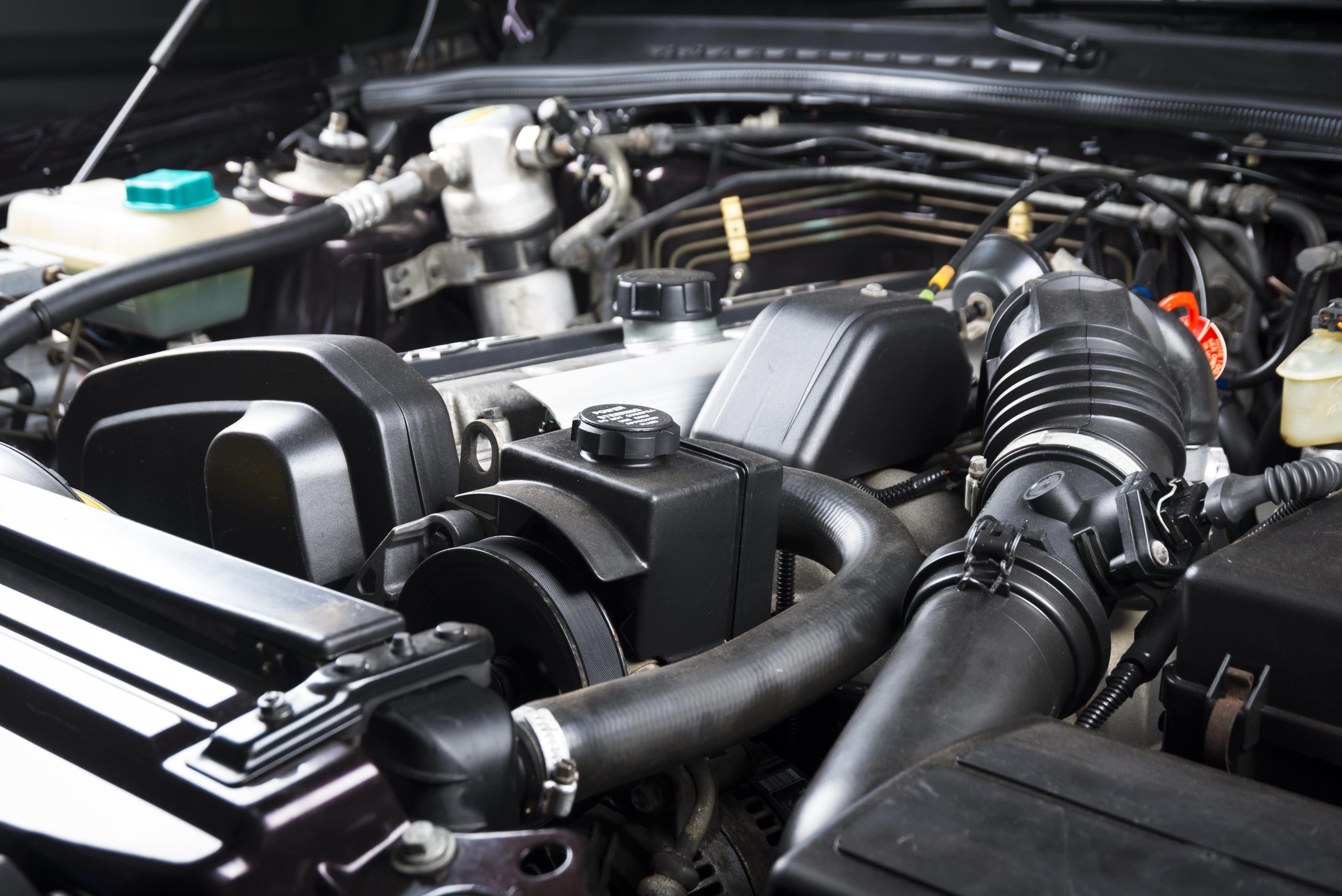Your diesel engine wasn’t built just to idle around town. It was designed to work hard. These engines are famous for their longevity, strength, and fuel economy. But over time, or right from the factory, that potential can feel like it’s being held back.
You might begin to notice some lagging when towing up a hill, or a sluggish throttle response when overtaking. There might even be a drop in fuel efficiency.
When you begin to notice these, do not pass it off as just your imagination, it’s not. And no, you don’t always need a new truck to fix it. What you need is diesel performance tuning.
What is Diesel Tuning?
The foundation of diesel tuning lies in your vehicle’s Electronic Control Unit (ECU), which is the on-board computer responsible for controlling everything from fuel injection to turbocharger boost and air-fuel ratios.
From the factory, your ECU is programmed with conservative settings. The reason for this being that manufacturers prioritise emissions compliance, broad reliability, and average driving conditions. These settings are safe, yes, but they’re also holding back your engine’s true capability.
Diesel tuning involves reprogramming or reflashing the ECU to optimise performance. Better performance in this sense means a more precise fuel injection, adjusted boost pressures, and recalibrated torque curves.
Every parameter can be fine-tuned to meet your driving style, whether you want raw power, fuel economy, or towing muscle.
What Parts are Adjusted During the Diesel Tuning?
Once the ECU is unlocked and recalibrated, several crucial parameters can be adjusted to push your engine’s performance to the next level:
Fuel injection timing and quantity
Modern diesel engines use high-pressure common rail injection systems. Tuning allows precise control over when and how much fuel is injected into each cylinder. By altering the injection timing, we ensure the fuel burns more efficiently, reducing wasted energy and increasing torque.
An optimised injection map ensures that fuel burns at the right point in the piston’s travel. This, by extension, improves combustion and reduces unburnt fuel, which can cause smoke and carbon build-up.
Turbocharger boost pressure
The turbocharger plays a vital role in compressing air into the combustion chamber. Factory settings limit boost to ensure reliability under all conditions. But most stock turbos are underutilised.
By slightly increasing boost pressure and adjusting the fuel-air mixture accordingly, you can significantly increase power output without compromising reliability.
Air-Fuel Ratio (AFR)
Balancing the air-fuel ratio is vital. A leaner mixture (more air, less fuel) is more efficient but may reduce power. A richer mixture increases power but can cause soot and reduce efficiency. Tuning helps strike the right balance, depending on what you want: power, economy, or a mix of both.
Torque limiting maps
Diesel tuning removes or raises torque limiters set by the manufacturer. These are software-imposed caps on how much torque the engine can deliver at certain RPMs or gears.
By adjusting or removing these limits, you experience stronger and more immediate power delivery, which is ideal for towing or hilly terrain.
The Different Types of Diesel Tuning
There are different levels of diesel performance tuning, depending on how far you want to take things.
Stage 1 tuning
This is a software-only upgrade, so there would be no physical modifications to the engine. It’s the most popular option because it provides noticeable power gains while maintaining engine longevity and fuel economy.
This level of tuning is great for daily drivers and light towing. Expect gains of up to 30% more torque and 10-20% more power depending on your vehicle.
Stage 2 tuning
Stage two involves both ECU recalibration and hardware modifications like a larger turbo, intercooler upgrades, or performance injectors. It’s designed for those who need serious grunt, whether you’re off-roading, towing caravans, or just chasing better performance.
Economy tuning
As the name suggests, this focuses on improving fuel efficiency. By optimising AFR, reducing unnecessary boost, and refining injection maps, you would get to squeeze more kilometres out of every litre, sometimes up to 15% better fuel economy, especially on highway drives.
What You Can Expect After the Diesel Tuning
After diesel tuning, here are some notable changes you can expect to see:
- Power increases range from 50 to 200 horsepower depending on the tuning stage and vehicle (ECU remapping alone can give you this).
- Torque gains can go as high as 30-40%, making towing and acceleration noticeably smoother.
- Throttle response becomes much sharper; there would be no more delayed reactions or turbo lag.
- Fuel economy improves by up to 15%, especially in vehicles tuned for economy or mixed-use.
- Torque can also jump by 100 Nm to 300 Nm, which is especially noticeable when towing or climbing hills.
You’ll also notice less turbo lag, smoother gear changes, and an overall more refined driving experience. For drivers towing loads or climbing steep grades, the difference then would be as clear as night and day.
Of course, if you start adding Stage 2 upgrades, like a larger turbo or performance injectors, you’re looking at even greater numbers, provided the transmission and supporting systems can handle it.
What to Consider Before You Tune Your Diesel Engine
Here are some factors you need to put into consideration if you’re looking to do diesel tuning for your engine to enjoy better efficiency:
- Transmission compatibility: If you’re aiming for a power boost of over 150 horsepower, you’ll need to consider transmission upgrades like a strengthened torque converter or clutch kit. Otherwise, your drivetrain might not keep up with your new power levels.
- Emissions compliance: Some tunes can disable factory emissions systems, which might not be road legal. Make sure your tune is emissions-friendly if that’s a concern for you.
- Maintenance discipline: Higher power puts more strain on your engine. That means regular servicing, high-quality diesel oil, and routine filter replacements become even more important.
Conclusion
Whether you’re trying to overtake with confidence, improve your towing power, or just restore lost performance to an aging engine, tuning your diesel engine gives you the key to do all of these, and more.
And no, you don’t need to be a mechanic to appreciate what a proper tune does. You just need to want better performance from the vehicle you already own.
Your diesel engine probably just needs a smarter setup to run at its best. You should talk to a mechanic soonest to know what diesel performance tuning options might be most suitable for your vehicle.










